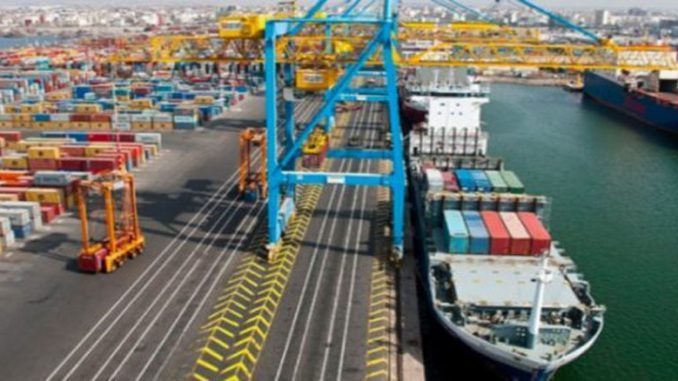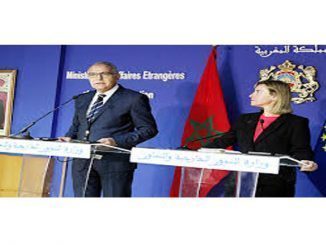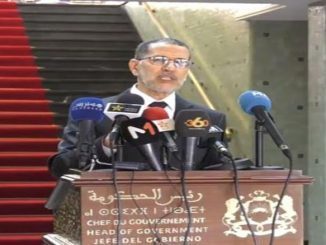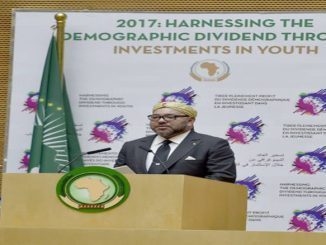
Morocco’s economic growth is expected to reach 4.4 percent in 2017, while unemployment rates is expected to rise to more than 10 percent, according to Bank Al-Maghrib (BAM) forecasts.
In 2017, the Moroccan economy is expected to grow more vigorously than in 2016. In a communique published Tuesday, the central bank expected Morocco’s economic growth to witness a healthy jump to 4.4 percent, compared to 1.6 percent in 2016.
The BAM however, forecasts this increase to slow down in 2018 and economic growth to settle back down to 3.1 percent.
Driven by a rebound in cereal production estimated by the Department of Agriculture at 102 million quintals, agricultural added value would increase by 13.4 percent, while the rate of non-agricultural GDP would improve by 3.1 percent to 3.3 percent, BAM said on Tuesday after its quarterly meeting.
In 2018, the recovery in non-agricultural activities would continue with a growth of 3.6 percent and, assuming an average agricultural season, agricultural added value would decline by 0.9 percent, with overall growth falling to 3.1 percent, the Central Bank said.
“For the full year of 2017, inflation would average 0.9 percent before accelerating to 1.6 percent in 2018,” while its underlying component is expected to increase to 1, 6 percent in 2017 and 1.9 percent in 2018, “reflecting improved domestic demand and rising inflation among key partners,” says BAM.
Unemployment on the rise
Meanwhile, the BAM’s report shows that unemployment rate rose by 0.3 points to reach 10.7 percent at the national level and by 0.7 points to 15.7 percent in urban areas.
Budget deficit, however, is expected to ease down to 3.6 percent of GDP by 2017 and to 3.4 percent by 2018.
As for external trade, the central bank confirmed that the trade deficit at the end of May, which increased year-on-year by MAD 9.1 billion dirhams, was “mainly due to a significant increase in energy bills.”
Finally, BAM notes that “the real effective exchange rate has virtually stabilized during the first quarter of 2017, and is unlikely to experience any significant change in the medium term.” Hence, “there should be no devaluation of the Dirham,” says the governor of BAM Abdelatif El Jouhari.



